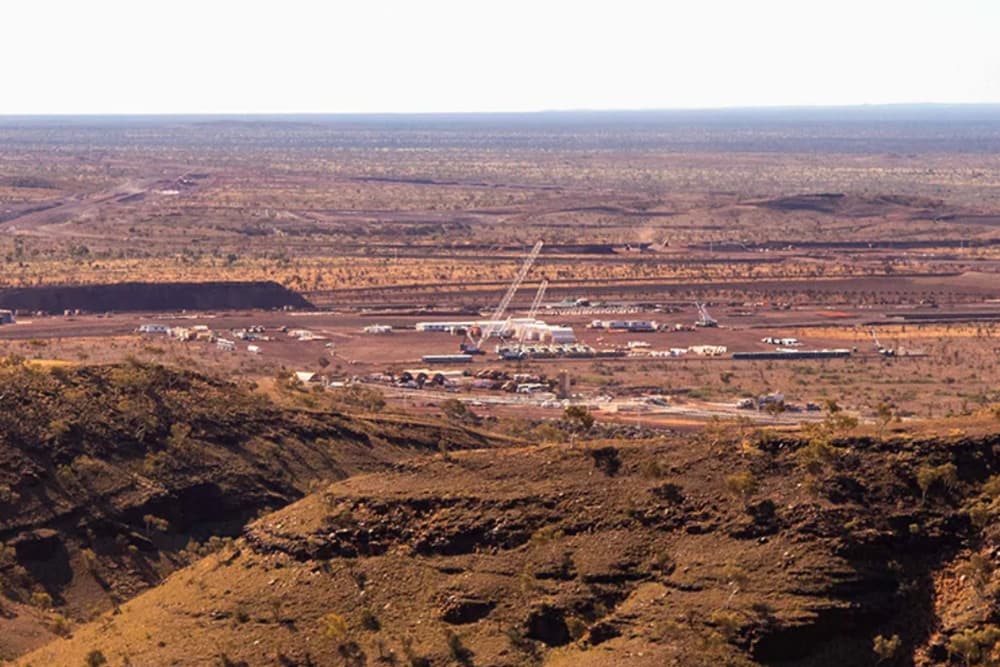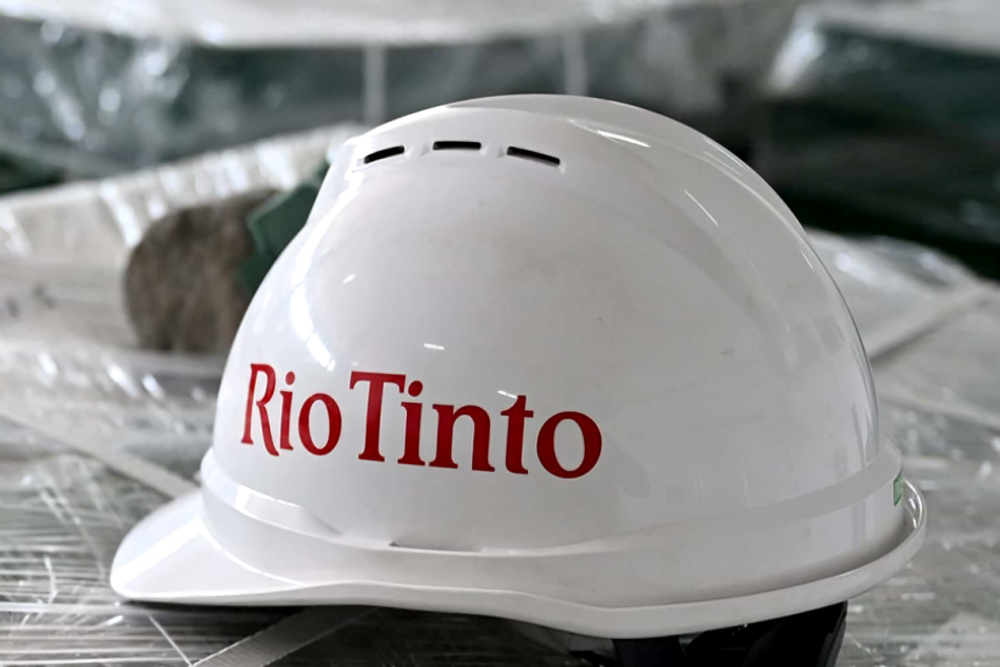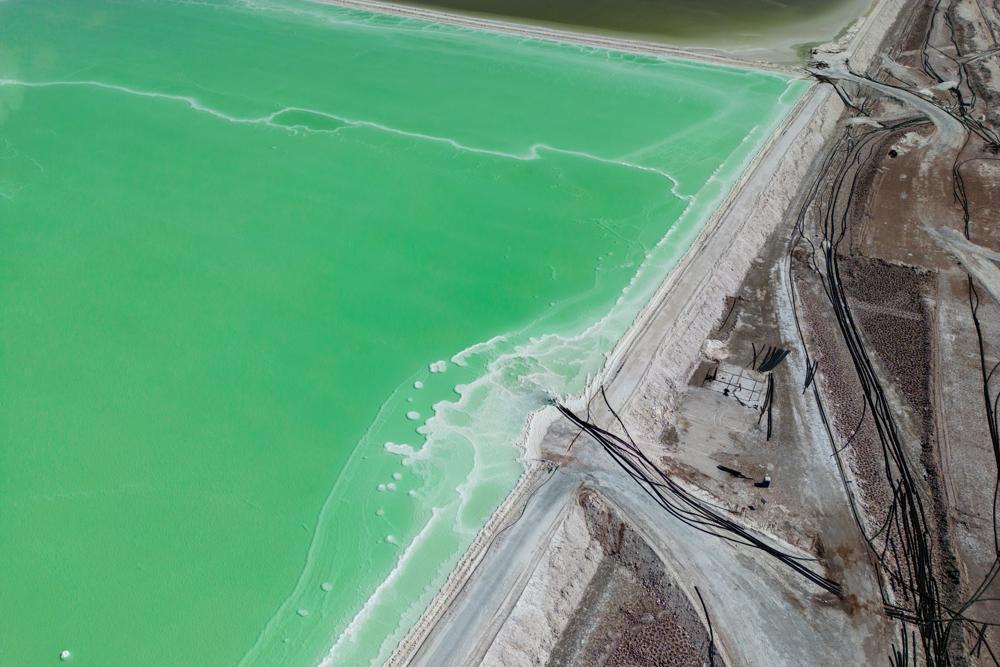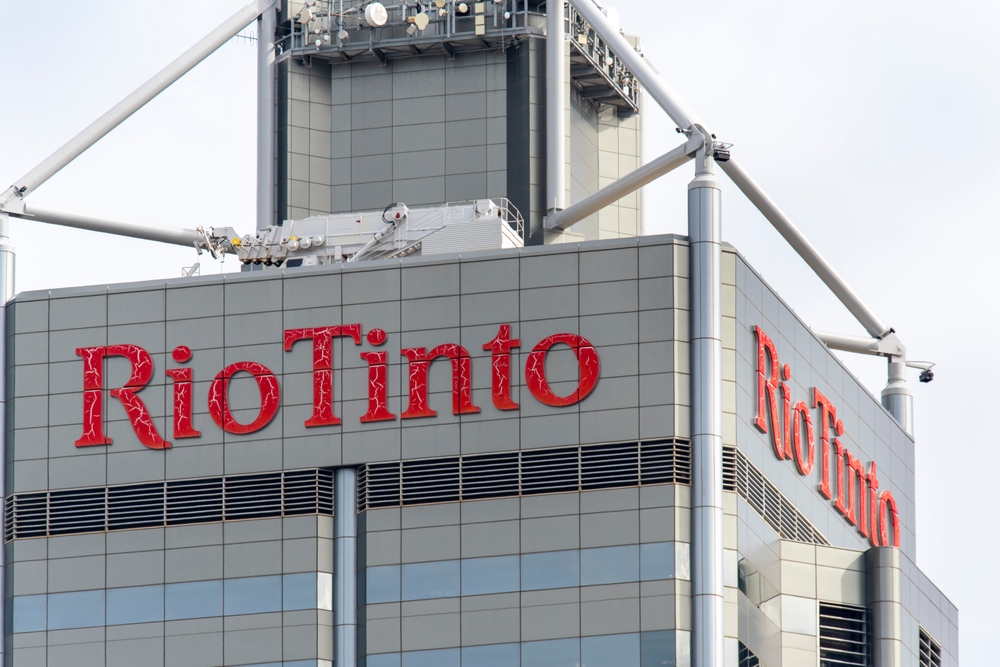
Workers at Rio Tinto’s Paraburdoo iron-ore mine in the Pilbara region have launched a majority support petition (MSP) to negotiate for pay equity and improved working conditions.
This move could set a precedent for the Pilbara iron ore industry, marking the first collective agreement negotiation in over two decades.
Spearheaded by the Western Mine Workers Alliance (WMWA), a collaboration between the Mining and Energy Union (MEU) and the Australian Workers Union, the petition aims to empower workers to bargain collectively for annual pay increases that keep pace with the rising cost of living.
The petition also calls for a fair and detailed classification system to standardise conditions and facilitate career progression.
WMWA coordinator Shane Roulstone stated that the petition has been in development for an extended period.
He emphasised the importance of a collective agreement in enabling workers to leverage “same job, same pay” legislation, which the union plans to pursue next.
The alliance seeks to restore worker power in the Pilbara, which has experienced de-unionisation over the past two decades, leading to inconsistent standards and conditions.
The MEU iron ore train drivers have been at the forefront of reunification efforts, securing improved agreements with both Rio Tinto and BHP.
The Paraburdoo operations employ both residential and fly-in fly-out (FIFO) workers, and the petition addresses the inadequate conditions faced by both groups.
FIFO workers often endure long waits at the small, un-airconditioned Paraburdoo airport after completing their shifts.
Meanwhile, residential workers struggle with high utility bills in company-owned housing.
The petition’s initial success is evident in Rio Tinto’s response, which includes a review of its policies and the introduction of a new compensation policy for flight delays shortly after the petition was launched.
While the policy does not fully meet the WMWA’s demands, it signifies the company’s acknowledgement of the workers’ concerns.
The Rio MSP coincides with the WMWA’s negotiations with BHP for an agreement covering the South Flank and Area C operations in the Pilbara.
The WMWA has bypassed the majority support process due to new legislation allowing unions to initiate enterprise agreement negotiations.
This initiative comes as Australian unions explore legislation aimed at equalising pay among labour-hire workers and company workers.
Companies, however, argue that such legislation limits their ability to offer higher wages for better performance.
In December 2024, both Rio Tinto and BHP faced class-action lawsuits accusing them of fostering environments at their Australian mining sites where female employees experienced widespread sexual harassment and gender discrimination.
These accusations add another layer of scrutiny to the working conditions and labour practices within the Pilbara mining industry.












